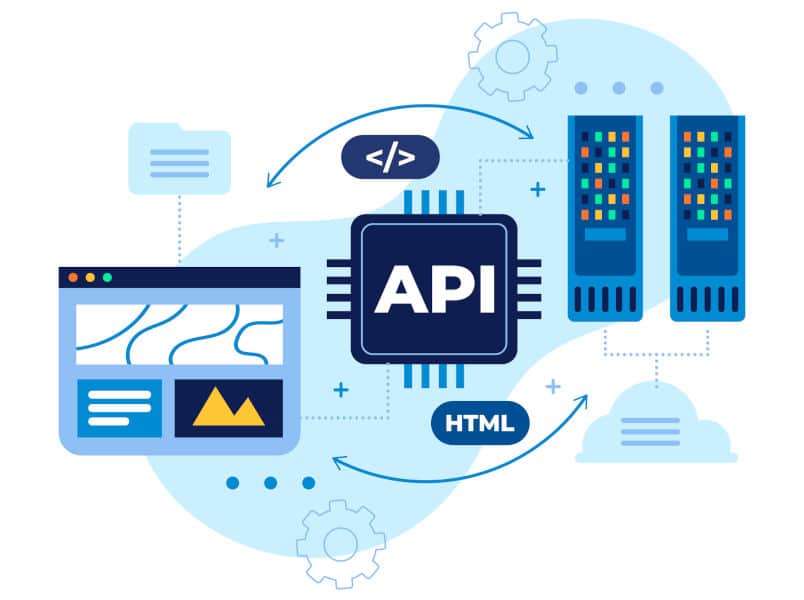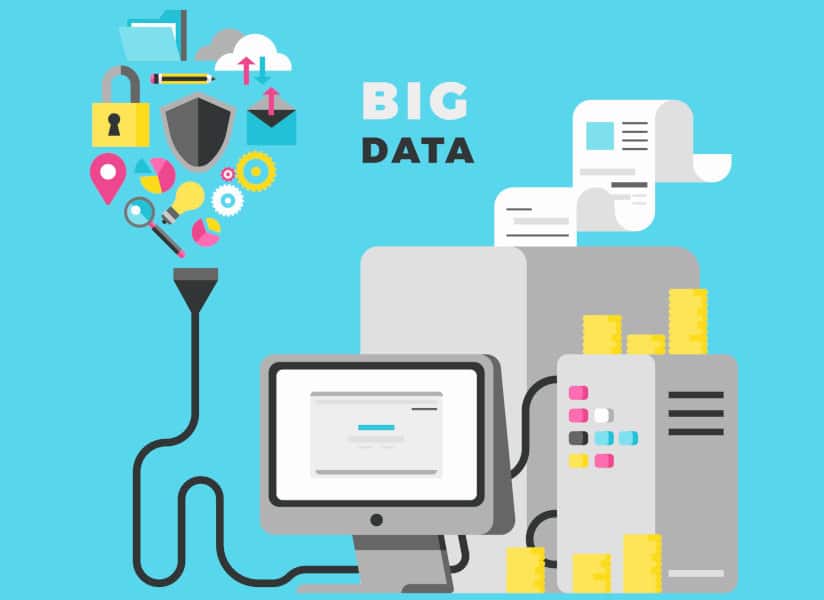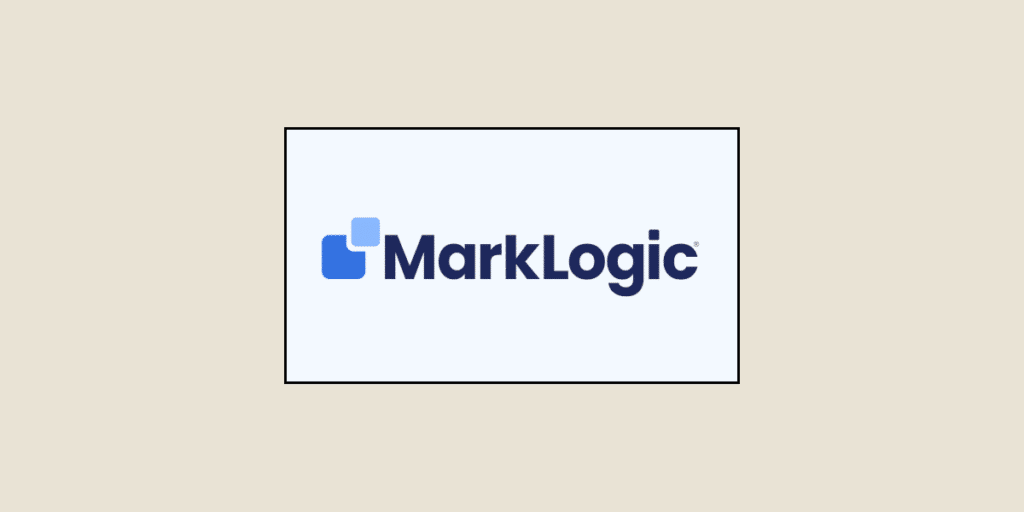As data volumes grow, so does the work of data experts. Fortunately, there are tools capable of handling massive amounts of data. MarkLogic is just such a tool. Find out more about this noSQL database.
What is MarkLogic?
MarkLogic is a multi-model NoSQL database designed to manage unstructured, semi-structured and structured data. Thanks to its flexibility and agility, MarkLogic is capable of storing, managing and integrating massive volumes of heterogeneous data, both in terms of sources and formats.
This is complemented by a multitude of services (such as metadata or ML models) to help companies build large-scale applications, develop their analytics and machine learning models.
Between its database server and its complete suite of services and applications, MarkLogic is an all-in-one solution for businesses.
What does MarkLogic offer?
MarkLogic’s offering is divided into 3 main products:
Data Platform
MarkLogic offers a unified data platform that eliminates data silos, while guaranteeing the governance and security of relational data. Key features of the Data Platform include:
- Connecting and managing complex data: the database provides advanced search and query capabilities to simplify even the most complex data.
- Metadata creation: MarkLogic uses a code-free metadata engine based on machine learning and knowledge models to help organizations better interpret data and its meaning.
- APIs and programming languages: these enable data to be distributed throughout the enterprise. This simplifies access and use of data by all.
From simplifying complex data to making business information more accessible, MarkLogic helps you unlock even more value from data. Not to mention the fact that this platform considerably enhances the productivity of data teams.

Server
The MarkLogic Server is capable of storing and querying all types of data, regardless of format.
The Server is a database, search engine and data integration tool in one. Key features include
- Multi-model data and metadata: such as documents (JSON/XML), graphics, geospatial data, RDF (Resource Description Framework) data, relational data, etc. All the organization’s data is grouped together as a single resource.
Integrated search: the presence of a universal index provides faster access to ingested data, and real-time alerts. - Data security: guaranteed by MarkLogic Server’s redaction and anonymization capabilities.
- Scalability: the server enables organizations to benefit from high availability, even after a disaster, thanks to rapid recovery.
- Deployment: whether on-premise, in the cloud, in hybrid or in virtual machines, you can deploy your models and applications anywhere.
Thanks to this multi-model database, you can create value from complex data.
Semaphore AI Technology
Semaphore, the semantic AI tool, facilitates the management of metadata. It’s possible to create and manage metadata to make available information more intelligible, and thus to make more informed decisions.
Here are the main features of Semaphore:
- Creation and maintenance of knowledge models;
- Collaboration with experts;
- Knowledge model enrichment;
- Mapping of models and related data;
- Workflow and lifecycle management;
- Semantic integration and enhancement;
- Classification review tools;
- The fact extraction framework;
- Contextual navigation in the user interface;
- Etc.
With this tool from MarkLogic, organizations can transform their complex data into useful knowledge for growth.

Join DataScientest to manage all types of data
While MarkLogic is an extremely powerful data management tool, it is not sufficient on its own. Indeed, to manage large volumes of data, create web applications, develop analyses or Machine Learning models, it is essential to have high-performance tools, but also, and above all, to have the necessary skills. And that means training DataScientest helps you develop the knowledge you need through its data training courses. Come and join us!










